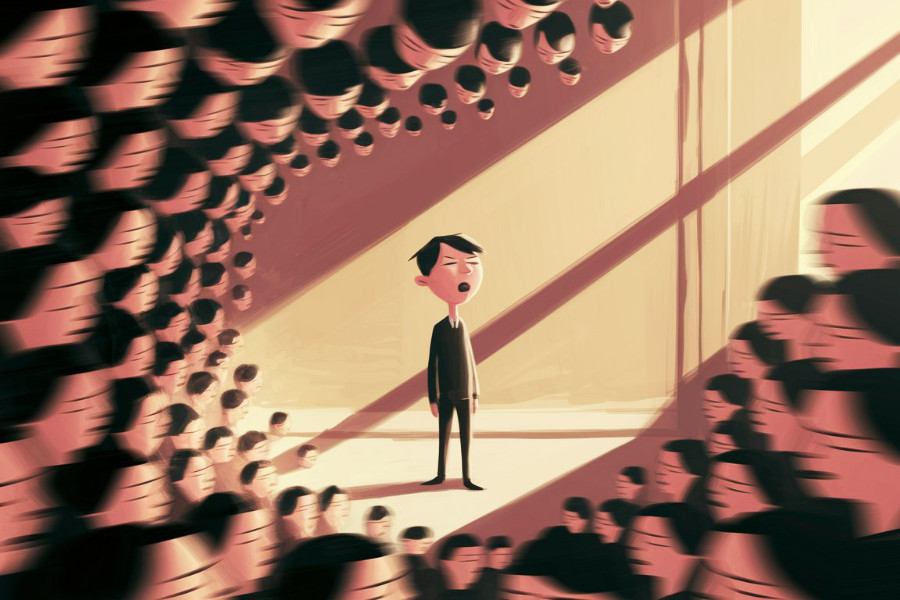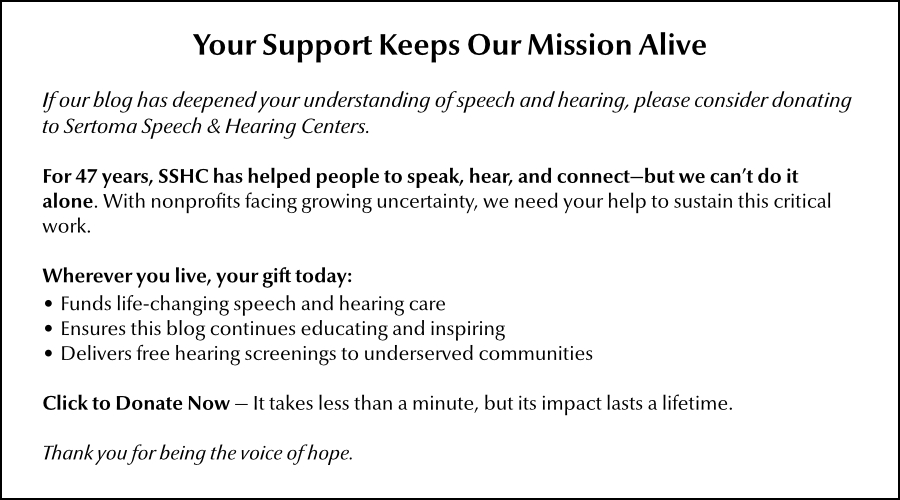The cacophony of a crowded party turns every word into a battle. Neuroscientists at the University of Rochester decoded this perceptual puzzle, revealing that our auditory struggles originate deeper than our ears—the brain itself (subcortical processing) is the true culprit.
For context: Subcortical brain activity plays a key role in auditory processing, involving several structures that work together—the cochlear nucleus, superior olivary complex, and inferior colliculus—to process and relay sound information before it reaches the auditory cortex.
Why it matters
The new study indicates that subcortical auditory responses diminish and slow down when a lot of people talk simultaneously.
- Understanding this could lead to improved treatments for hearing loss and assist even those with normal hearing.
By the numbers
-
Researchers tested how the subcortex handles 1 to 5 simultaneous speech streams.
-
Result: Responses weakened and delayed further with each added speaker.
-
This bottleneck happens before the sound reaches higher brain regions (the auditory cortex), which previous research focused on.

The big picture
Hearing in noise isn’t just a “hearing loss” problem. Millions without hearing impairments struggle in loud environments—think offices, cafes, or family gatherings. By mapping how the subcortex falters, scientists aim to:
-
Improve hearing aids and therapies.
-
Develop tests to pinpoint why some people adapt better than others.
The takeaway
-
For everyone: Noise challenges your brain’s earliest sound processing. Simple fixes (like noise-canceling tech) might not be enough.
-
For science: The next steps include studying whether those who struggle most show bigger subcortex disruptions.
Healthy hearing starts here
Learn about the health of your hearing with a free 15-minute hearing screening by an audiologist.
★ Call 708-599-9500 to schedule your free screening.
★ For facts about hearing loss and hearing aid options, grab your copy of The Hearing Loss Guide.
★ Sign up for our newsletter for the latest on Hearing aids, dementia triggered by hearing loss, pediatric speech and hearing, speech-language therapies, Parkinson's Voice therapies, and occupational-hearing conservation. We publish our newsletter eight times a year.
Don't let untreated hearing loss spoil your enjoyment of life.


